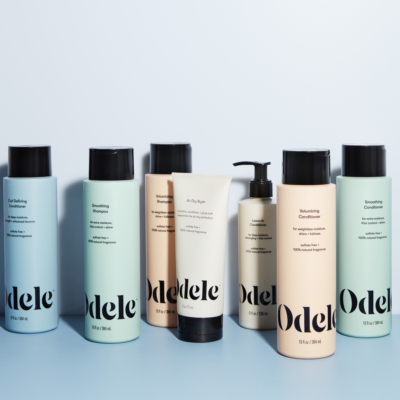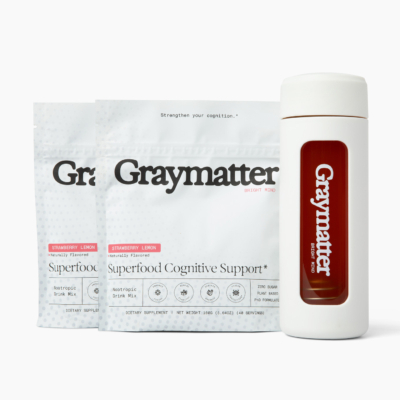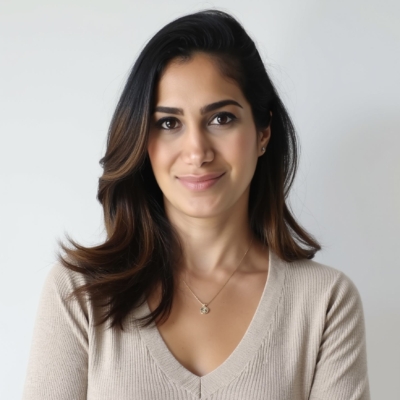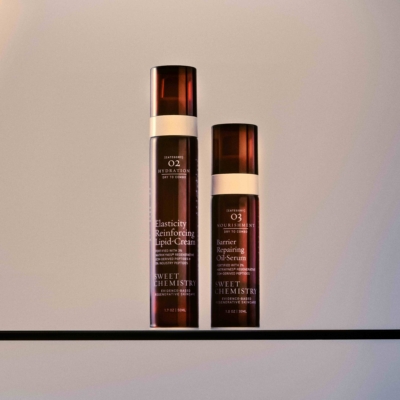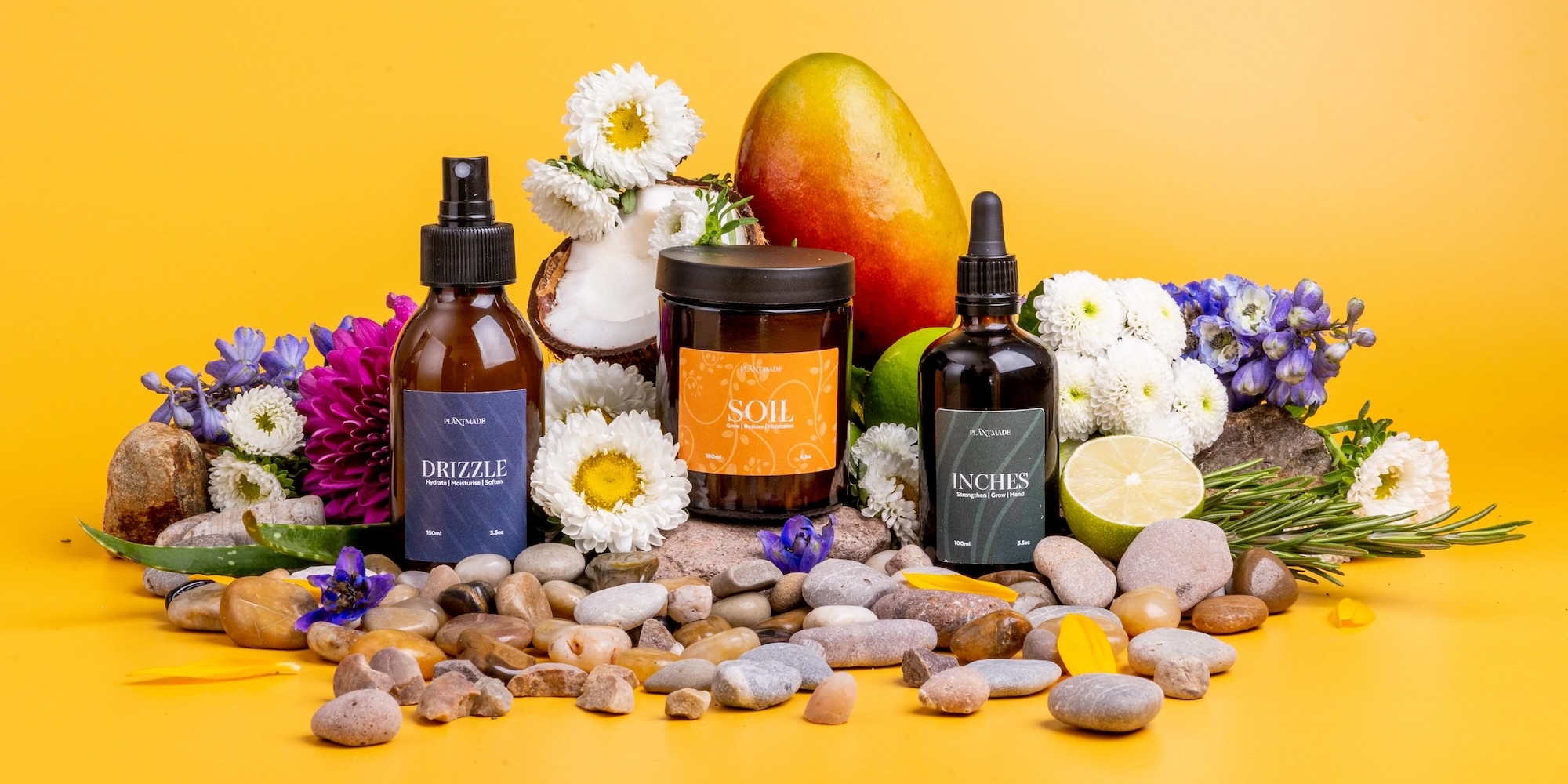
Plantmade Changes Ownership After The British Haircare Brand Racks Up Over $2 Million In Debt
Crown Holdings, a company attached to investor and entrepreneur Toni Fola-Alade, has acquired Plantmade for under $40,000 after the British haircare brand fell into administration in June grappling with roughly $2.3 million in debt.
According to an Instagram post from a week ago, founder Ama Amo-Agyei and her brother Fred and husband Travis are no longer involved in the brand as of Oct. 10. Before the bidding process that resulted on Crown Holdings taking ownership, Plantmade owed about $1.7 million to banks and other financial institutions, including around $570,000 to banking solutions provider Juni. It had another roughly $402,000 in unpaid taxes. The Times broke the news of Plantmade’s ownership change on Tuesday last week.
“Unfortunately, although the team has run the business as usual for several months it appears that the new partners did not share the vision for the founding team to remain involved and contribute to this new phase of the business,” wrote Amo-Agyei. “The brand continues under new ownership, and many of our long-standing team members remain employed, but due to circumstances beyond our control, Plantmade is no longer a family-owned business operated under our leadership.”
The next day, Plantmade’s new ownership responded, also in an Instagram post. “The original plan was for the founding team to continue the day to day management of the business but this unfortunately proved unworkable, despite meaningful efforts,” the post read. “We understand that transitions can bring emotion, especially when a brand carries so much personal meaning. Please know that the mission and products at Plantmade remain the same with exciting new additions on the way. The values that Plantmade has always championed continue to guide every decision we make today. Plantmade proudly remains a wholly Black British owned brand.”
Fola-Alade appears to be Nigerian and resides in the United Kingdom. Ghanaian-British entrepreneur Amo-Agyei started Plantmade in 2020 with about $130. The direct-to-consumer brand’s products, including its hero product Inches, a hair and beard oil, incorporate ingredients from Africa, South America and South Asia and are informed by Ayurvedic and African traditions. They’re inspired by Alopecia sufferer Amo-Agyei’s struggles with hair loss, and they arrived on the market at a time when many consumers were suffering from stress-related hair loss amid the pandemic.
In its first year, Plantmade reached about $1.2 million in sales. In addition to the popularity of the products, Amo-Agyei’s frank social media content drew people to the brand. She documented building the business behind the scenes on social media, and Plantmade attracted an audience of 340,000 followers across social media platforms. When Beauty Independent spoke with Amo-Agyei in 2023, she shared that the brand was generating roughly $373,000 to $497,000 in sales a month. In 2024, it generated around $7 million in revenue, but realized a loss of about $884,000.
While Plantmade turned off comments for its Instagram post about reacting to Amo-Agyei’s statement, longtime fans voiced their concerns in the comments of a video posted Sept. 15. “You can’t buy community,” wrote an Instagram user with the handle @layasharee. Another user with the handle @knwdre wrote, “You think posting the article in your story about the business being in debt will make us fine with the change? You bought this business for 30k, which is pennies compared to how much she & her family put into it only for you to kick them out. So shameful.”
On Threads, Cierra Gross, who’s known as Cierra.ceo on Instagram, drew parallels between PlantMade’s situation and the travails of other companies owned by Black women such as makeup brand Ami Colé, whiskey brand Uncle Nearest and restaurant Slutty Vegan. She noted the brands piled up expenses and didn’t grow sales fast enough to cover them.
“Wanting to grow your business fast is normal and justified because it represents an end to the suffering most entrepreneurs endure in the early stages, myself included. And taking VC money/ big bets is the obvious way to do that,” she wrote. “You’ve got to control that desire for immediate comfort, though, because it can harm the business long term.”
Monique Little, founder of You Go Natural, has a similar story. Earlier this year, the head wrap brand underwent a debt restructuring that resulted in a change of ownership, according to Little. Its intellectual property, including brand name and inventory, was sold through foreclosure.
In 2021, You Go Natural raised $2 million in a seed funding round led by Brand Foundry Ventures with participation from Capital Factory, Willow Growth Partners and Lightspeed Venture Partners. The brand generated $6.9 million in sales in 2022, when it registered a net loss of $1.6 million, and $5.6 million in sales in 2023, when it registered net income of nearly $967,000.
In 2024, the brand held a crowdfunding campaign on Wefunder with the goal of raising a minimum of $50,000 and a maximum of $1.24 million at a $10 million valuation, but only raised $13,250. In its campaign, You Go Natural detailed that it had $25 million in lifetime revenues and served over 250,000 customers.
Little admits You Go Natural’s spending outpaced its growth, a dynamic she points out can be common among direct-to-consumer brands trying to keep up with investor expectations. She says, “Growth at all costs isn’t success if it’s coming at the expense of your values or community.”
Partnership compatibility and operational fundamentals are essential, too, and Little advises fellow founders to stay agile as market conditions shift. “I learned how important it is to have the right systems, the right capital and aligned partners,” she says. “Without those, it’s very easy to lose control of your own vision.”

